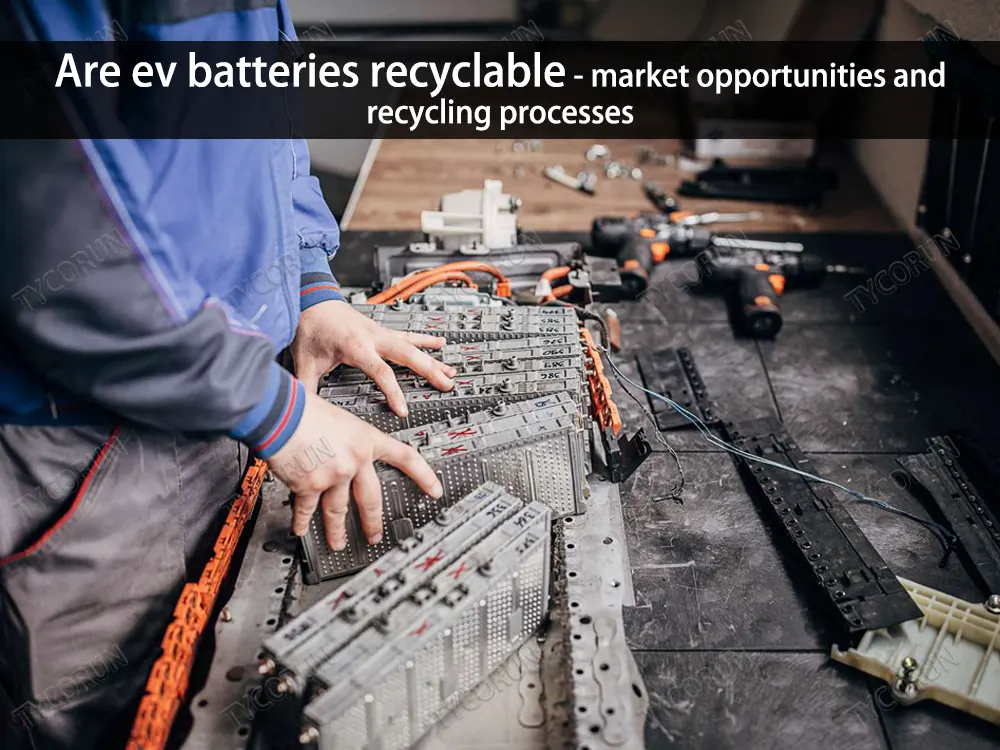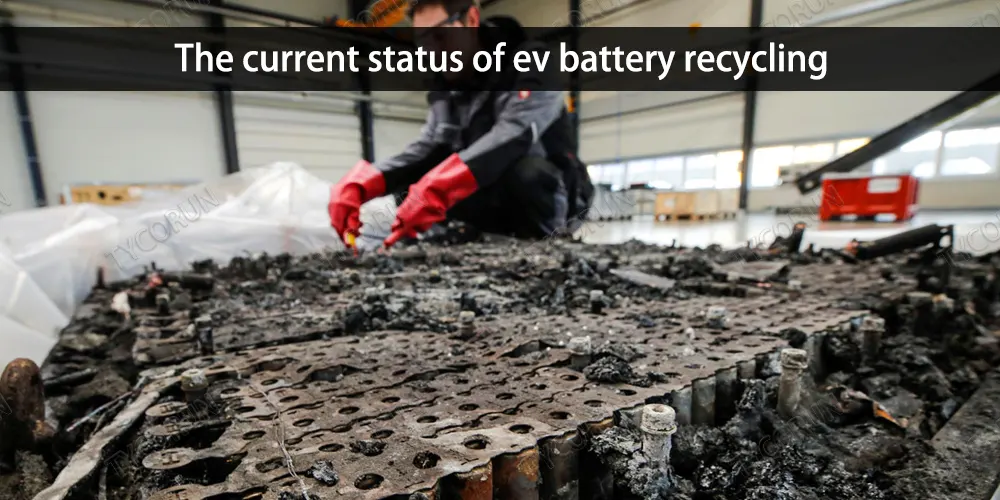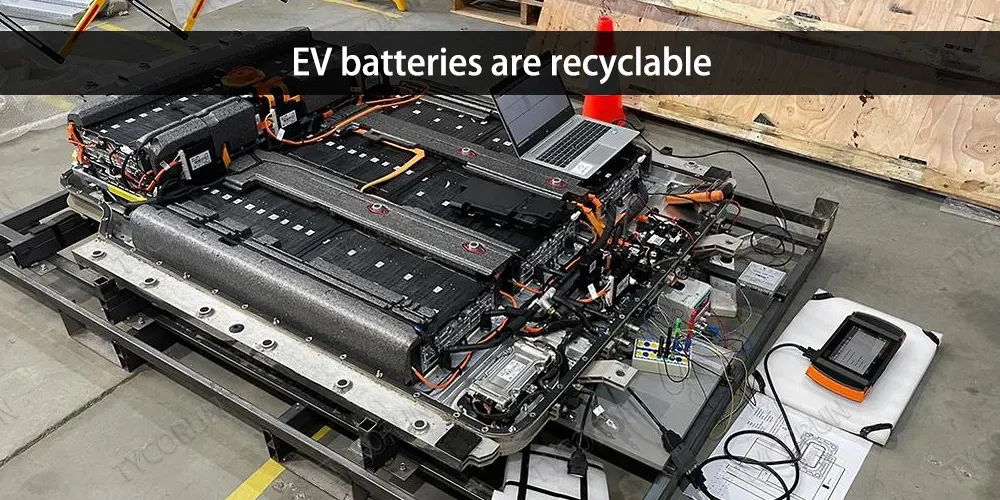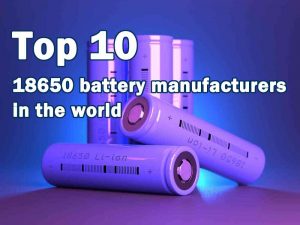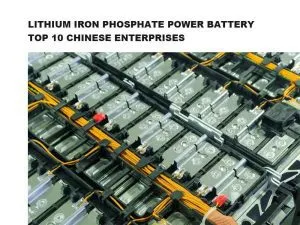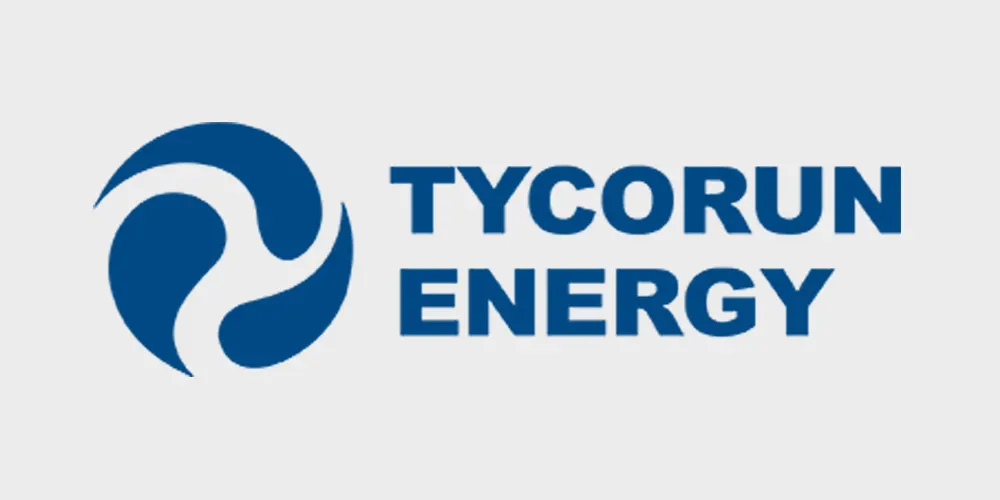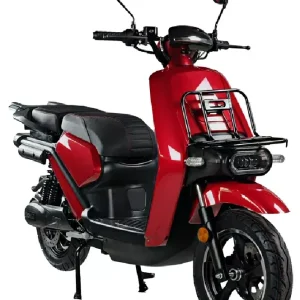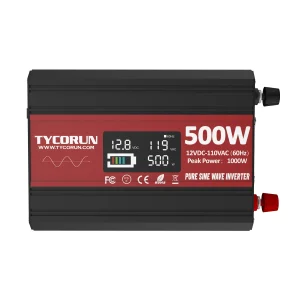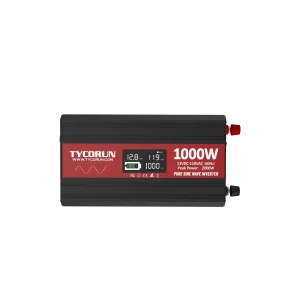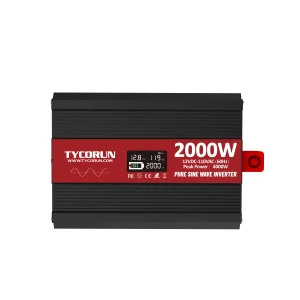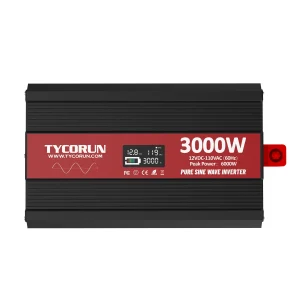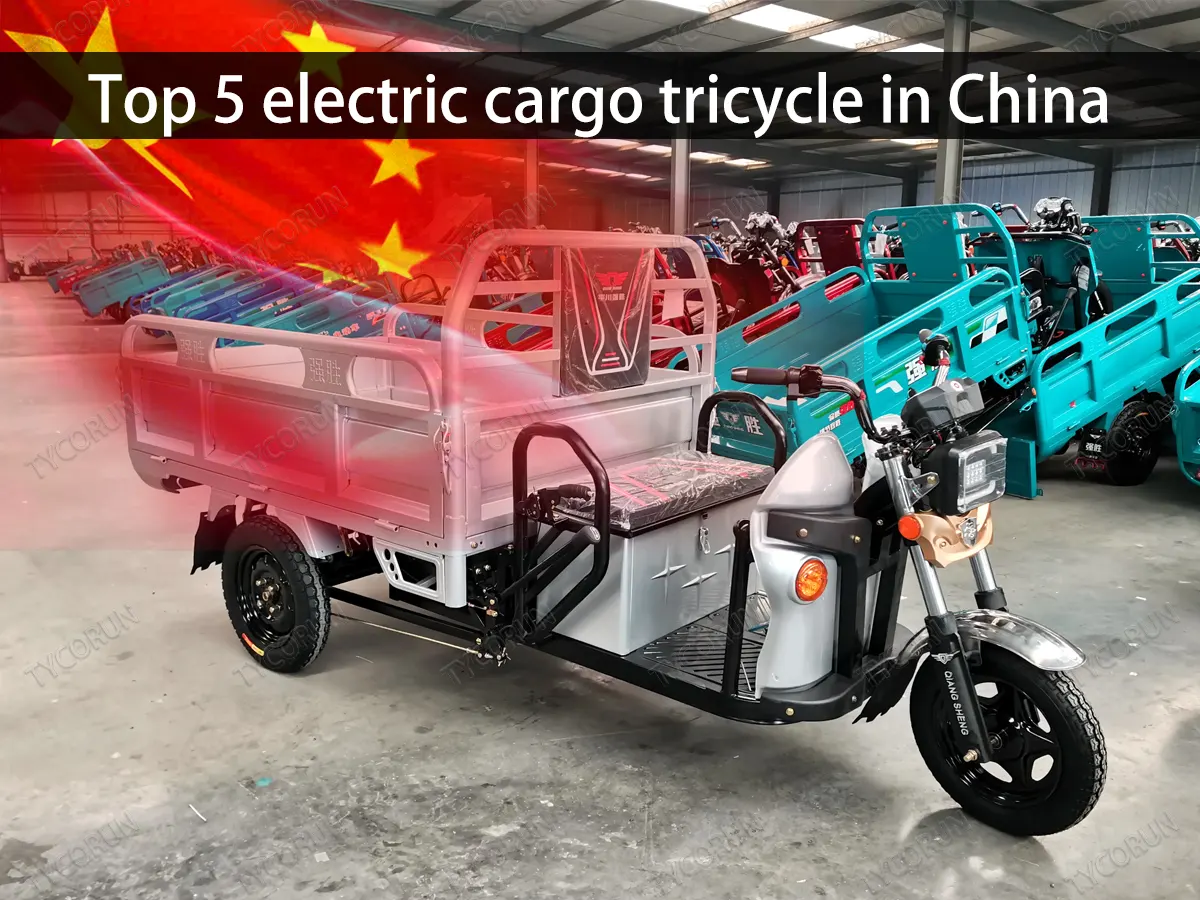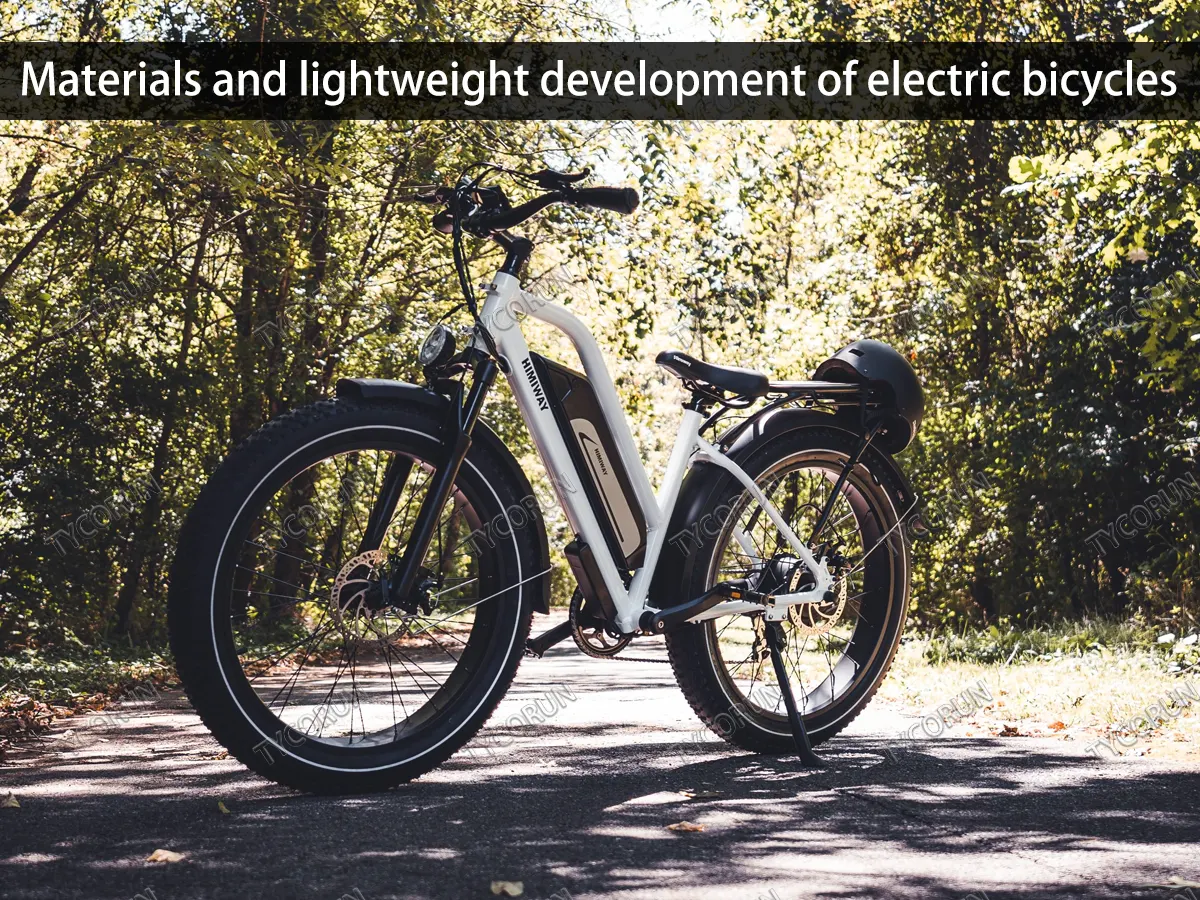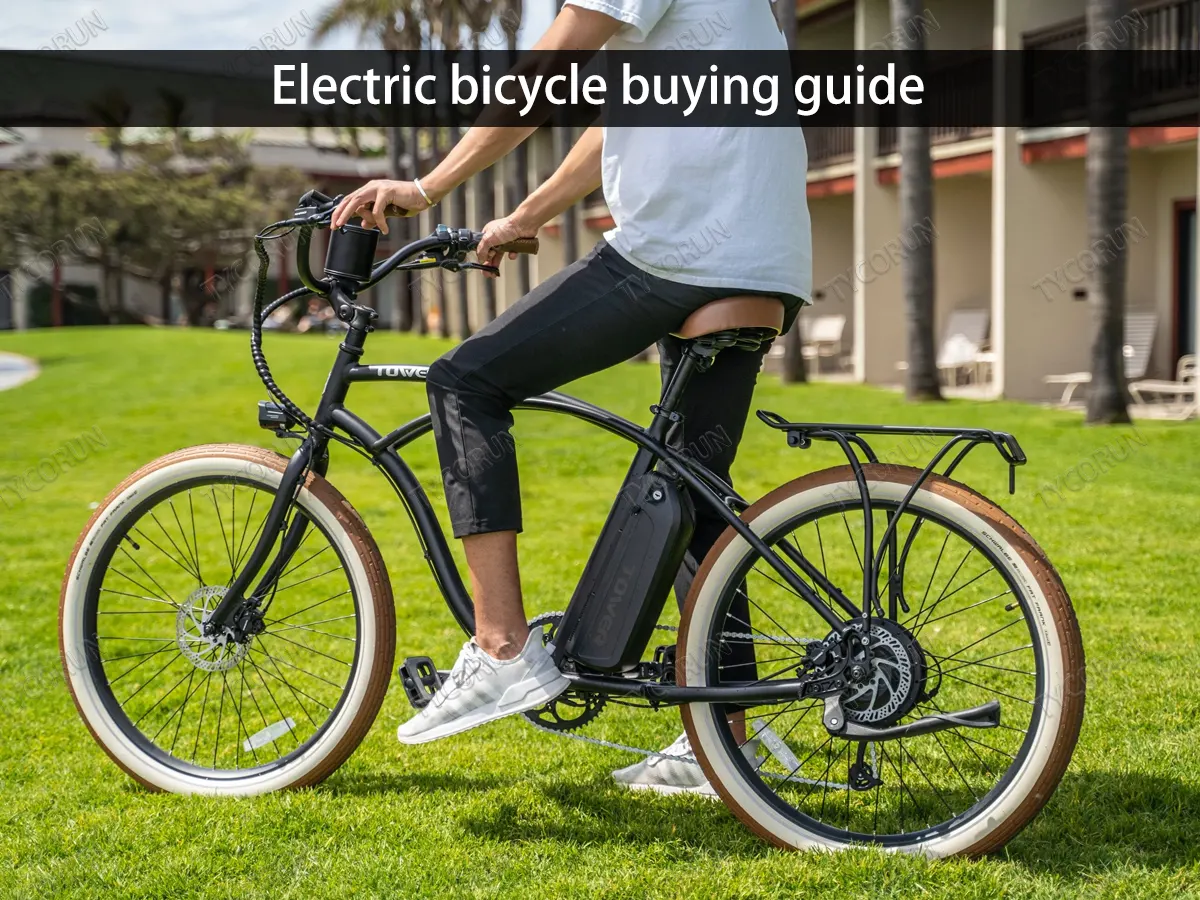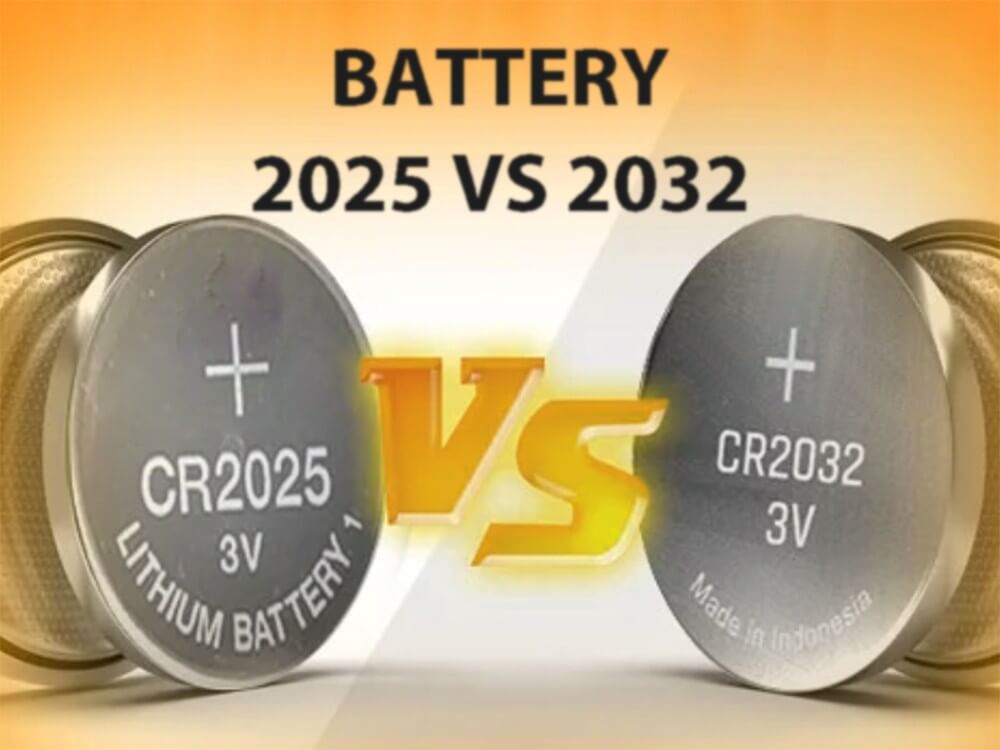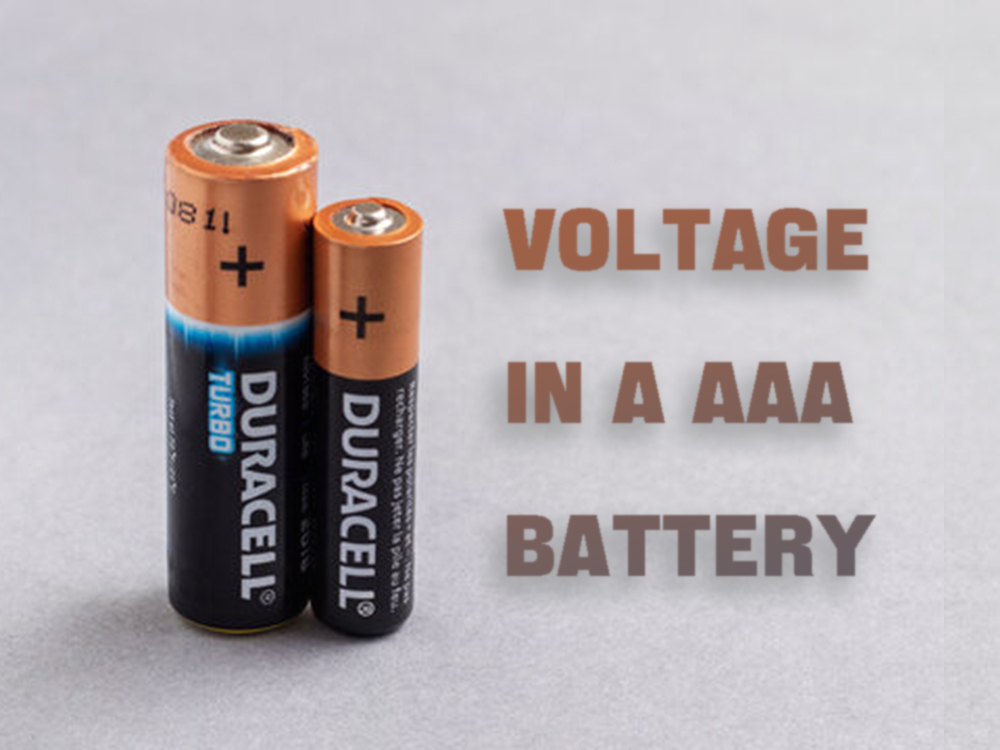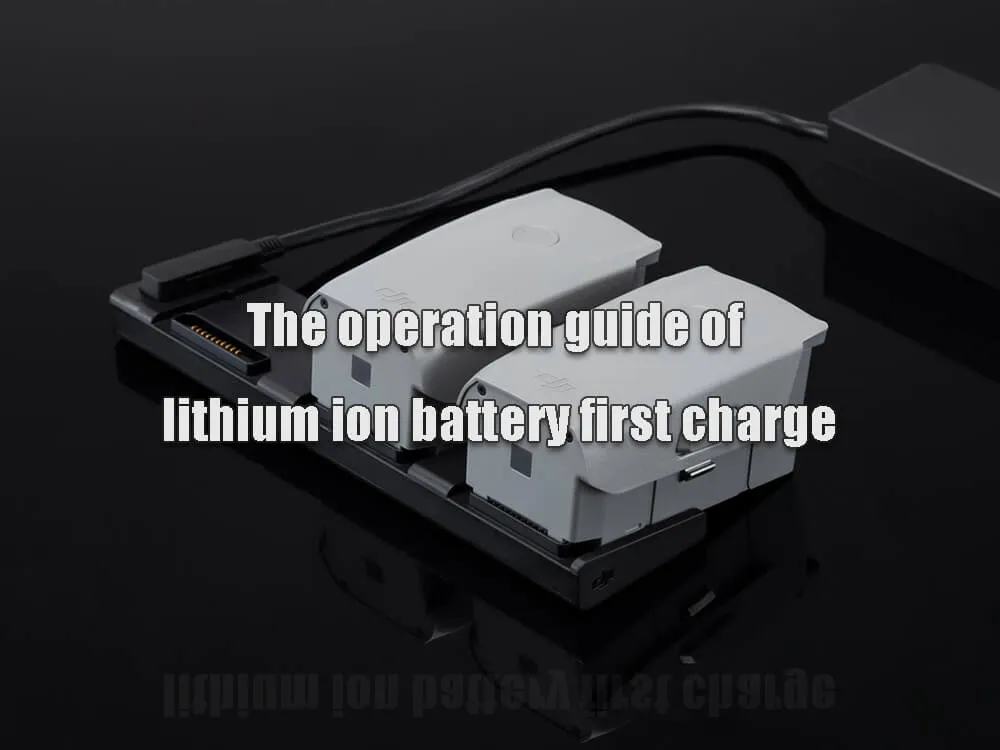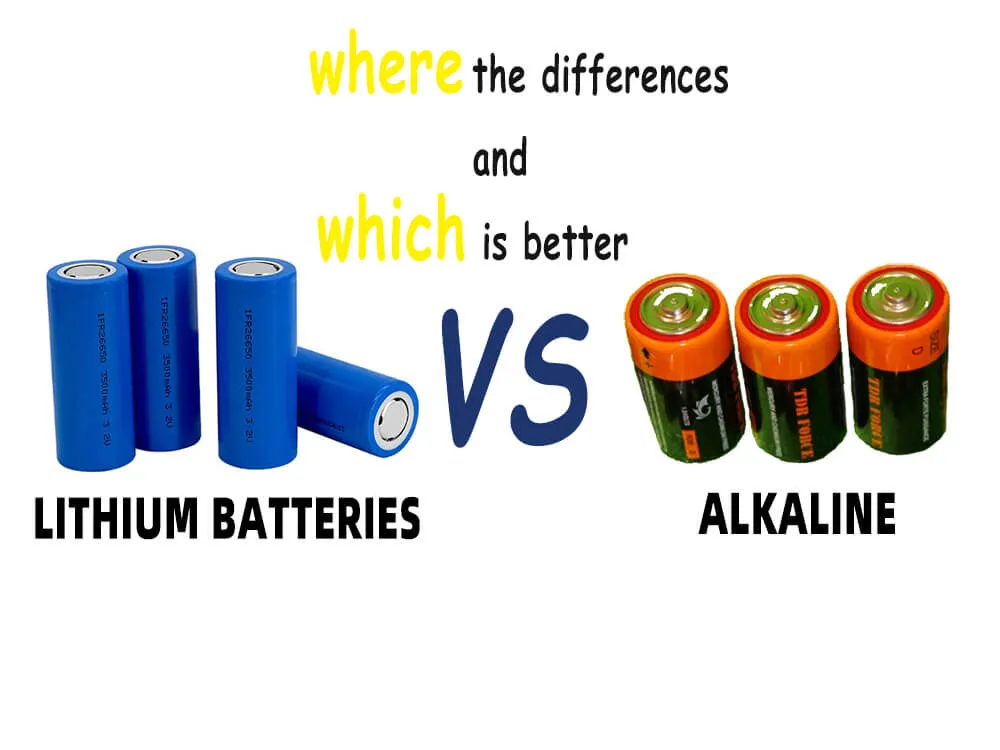Home » electric car battery » Are ev batteries recyclable – market opportunities and recycling processes
Are ev batteries recyclable - market opportunities and recycling processes
Market opportunities for ev battery recycling
Before the question – are ev batteries recyclable? Let’s take a look at the battery recycle market.
With the continuous growth of the electric vehicle market, the global power lithium battery recycling market is expected to exceed 100 billion RMB in the next few years.

By 2030, the number of electric vehicles in the world is expected to surge to about 350 million, and if these power batteries are scrapped, the recovery of metals in the positive electrode will become a technically difficult but high-value subdivision track.
As lithium batteries can be used in more and more scenarios, the recovery of products from one industry (such as electric vehicles) has been unbearable for the performance of the industry.
After modification, it can be used in another industry that requires lower performance such as home energy storage devices, which will also provide more possibilities for battery recycling and reuse.
From the subdivision of battery parts, we know that in addition to the metal used in the casing, the core of the power battery is generally composed of positive electrodes, negative electrodes, separators, current collectors and electrolytes.
Among them, the positive electrode accounts for the largest proportion, and its possibility of being recycled and recycled is also the most diverse.
Positive electrode generally contain higher-priced metals such as lithium, cobalt, nickel, and manganese, and can be recycled many times without losing power. If you want to learn more about the material, you can click our top 10 anode material manufacturers.
So, are ev batteries recyclable? There is no doubt that the recycling value of electric batteries is very considerable. Therefore, battery recycling is inevitable.
The recycling process of ev batteries
Are ev batteries recyclable? Canadian battery recycling company Li-Cycle has its answer. Next, we will introduce the recycling process of Li-cycle’s electric vehicle batteries in detail.
The battery recycling process can be broken down into several steps. First, workers use a lift to lower spent EV batteries onto a conveyor belt, which carries them to the top of the machine.
The cells are then sent into an industrial shredder immersed in a proprietary fluid. When batteries are shredded, they go from a charged state to a completely inert state.
The chopped material is then separated according to density.
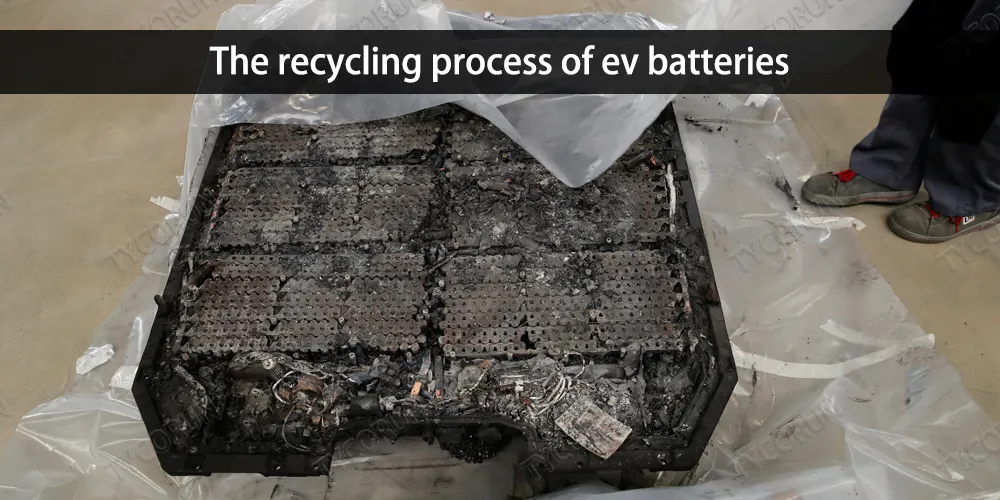
The final step is to extract the valuable metal from the proprietary liquid inside the shredder. The liquid passes through a filter press, which hydraulically squeezes the proprietary liquid, leaving a “black mass” on each individual filter.
Through this step, cobalt, lithium and nickel, the most valuable metals in electric vehicle batteries, are extracted from the liquid. Overall, the process allows for the safe and efficient recycling of electric vehicle batteries.
The black substance can be further refined in order to create new batteries. To do this, Li-Cycle is opening a processing center in suburban Rochester, New York, with a budget of $560 million that will have the capacity to process 35,000 tons of black matter per year.
Here, the black matter will be processed into valuable battery-grade materials such as lithium carbonate, nickel sulfate and cobalt sulfate.
See here, are ev batteries recyclable? I believe you already have the answer.
The current status of ev battery recycling
At present, there is no uniform standard for the battery recycling process and technology adopted by countries and major enterprises in the world, and all enterprises are in the stage of exploration and finalization.
In addition to inconsistent technical standards, the business model and logistics model of each enterprise are still in their infancy. No one company can be the industry standard setter or benchmark. But the whole world is making efforts to answer the question of are ev batteries recyclable.
The European Union mandates that power battery manufacturers establish a recycling system to be responsible for recycling power batteries, and encourage consumers to hand in retired batteries through the “deposit system”.
Japan also requires battery manufacturers to undertake battery recycling responsibilities, and the government provides certain subsidies to encourage consumers to participate in battery recycling.
The United States requires power battery retailers to be responsible for the recycling process, and encourages other entities to participate through the “producer responsibility extension + consumer deposit system”.
In China, as one of the top 10 power battery companies, CATL announced earlier that it will establish multiple power battery recycling stations in Europe and local partners, and currently has two battery factories in Europe.
The ultimate goal of these measures is to establish a complete electric vehicle power battery recycling network, so that “battery production-sales-recycling-recycling” forms a closed loop, which is not only conducive to the sustainable development of the environment and resources, but also battery recycling itself.
Summary
Are EV batteries recyclable? Yes, they are! In fact, the recycling of EV batteries presents a huge market opportunity for companies that can develop efficient recycling processes.
As the electric vehicle market grows, the demand for recycling will only continue to increase, and the development of recycling technologies and standards is an important focus for the industry.
The technology to recycle electric vehicle batteries is still in the early stages of development, and there may be a new competitive track in the future. There will be more manufacturers to answer the question – are ev batteries recyclable.


